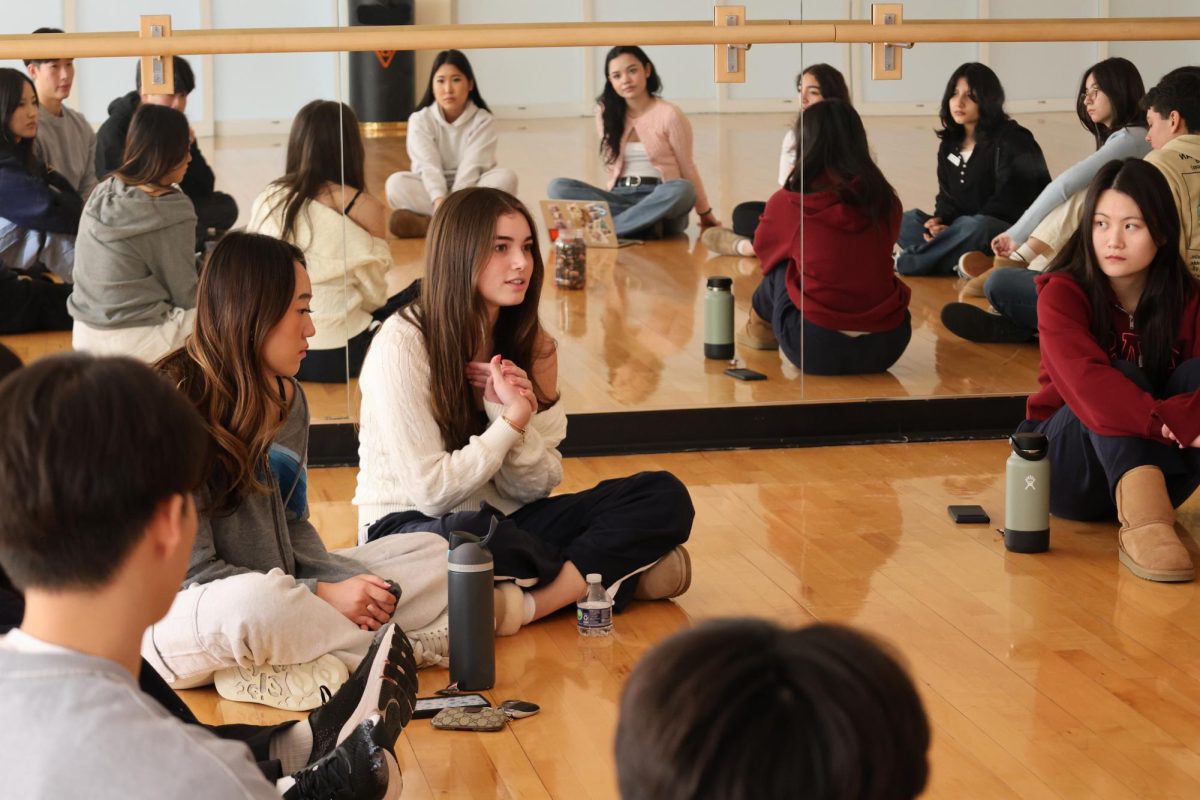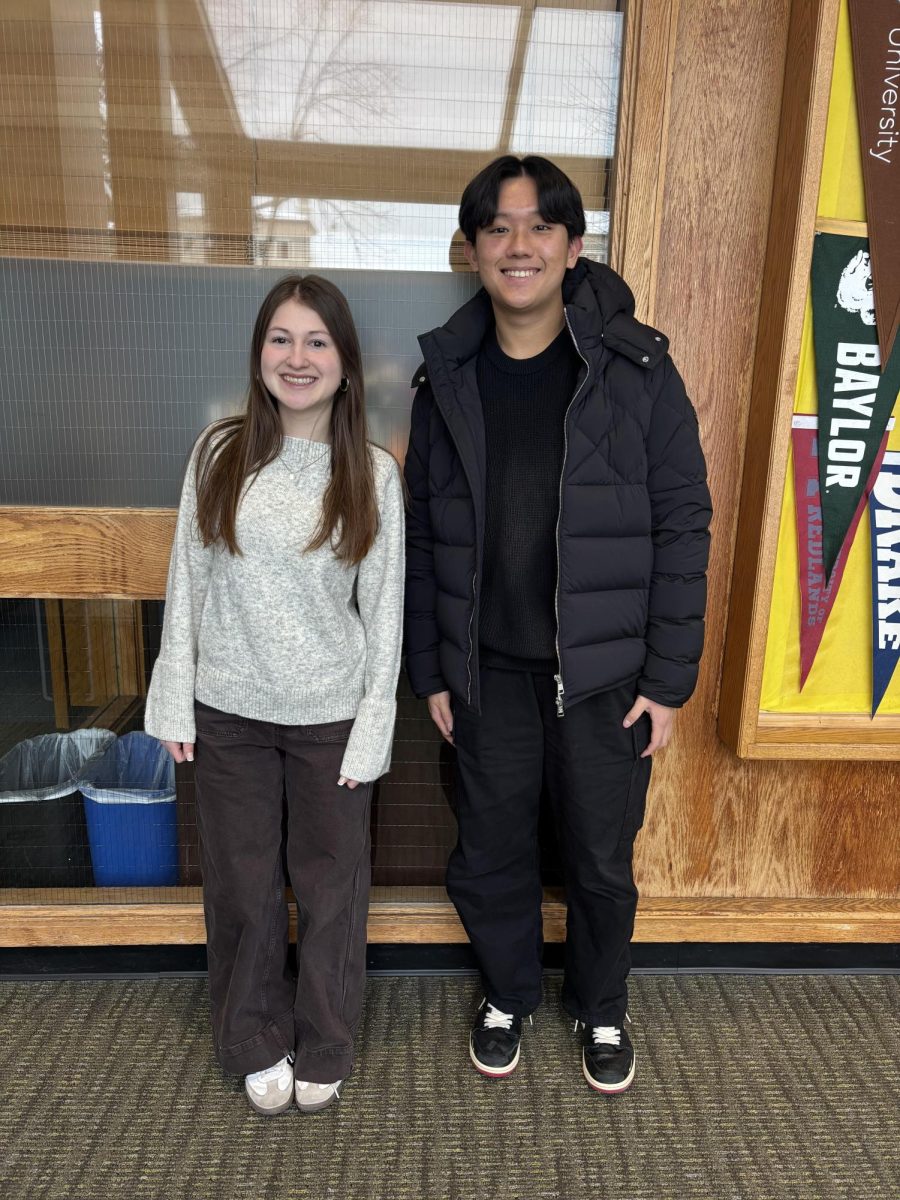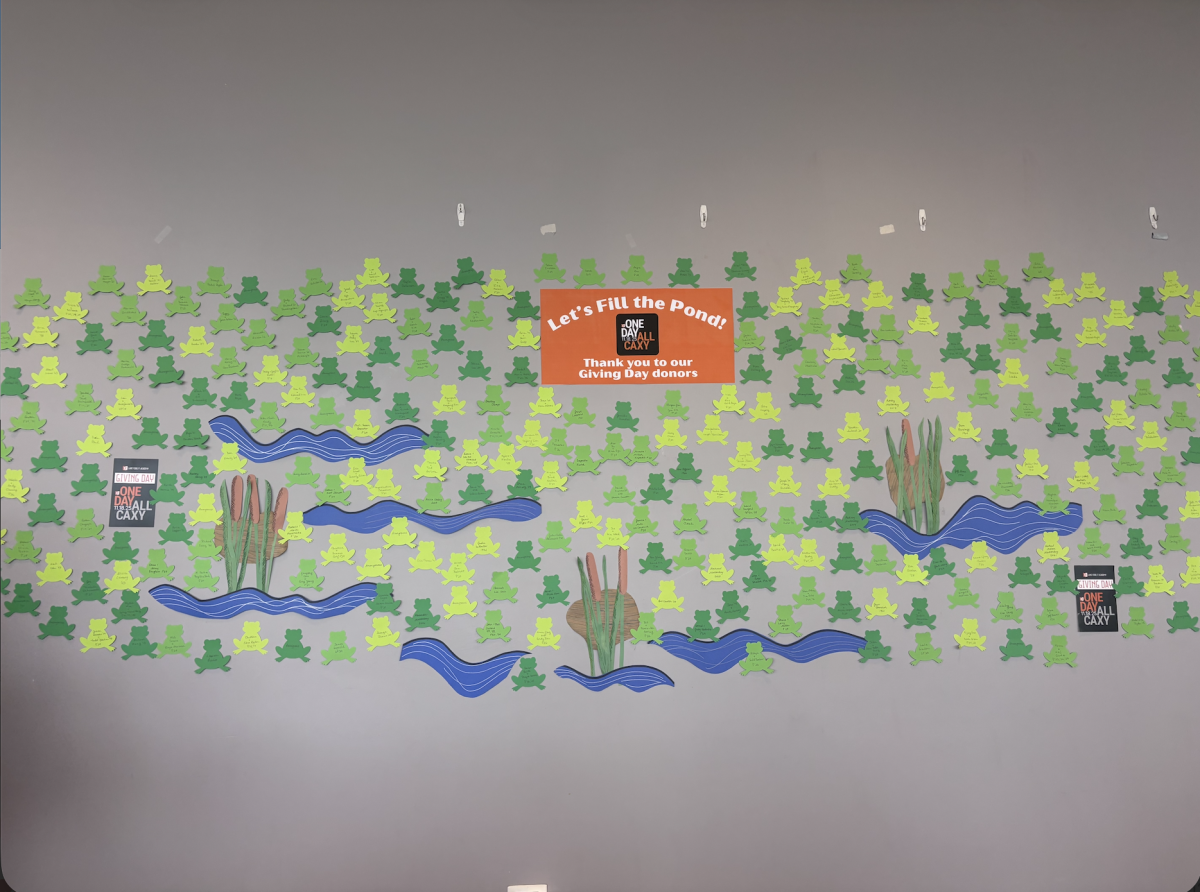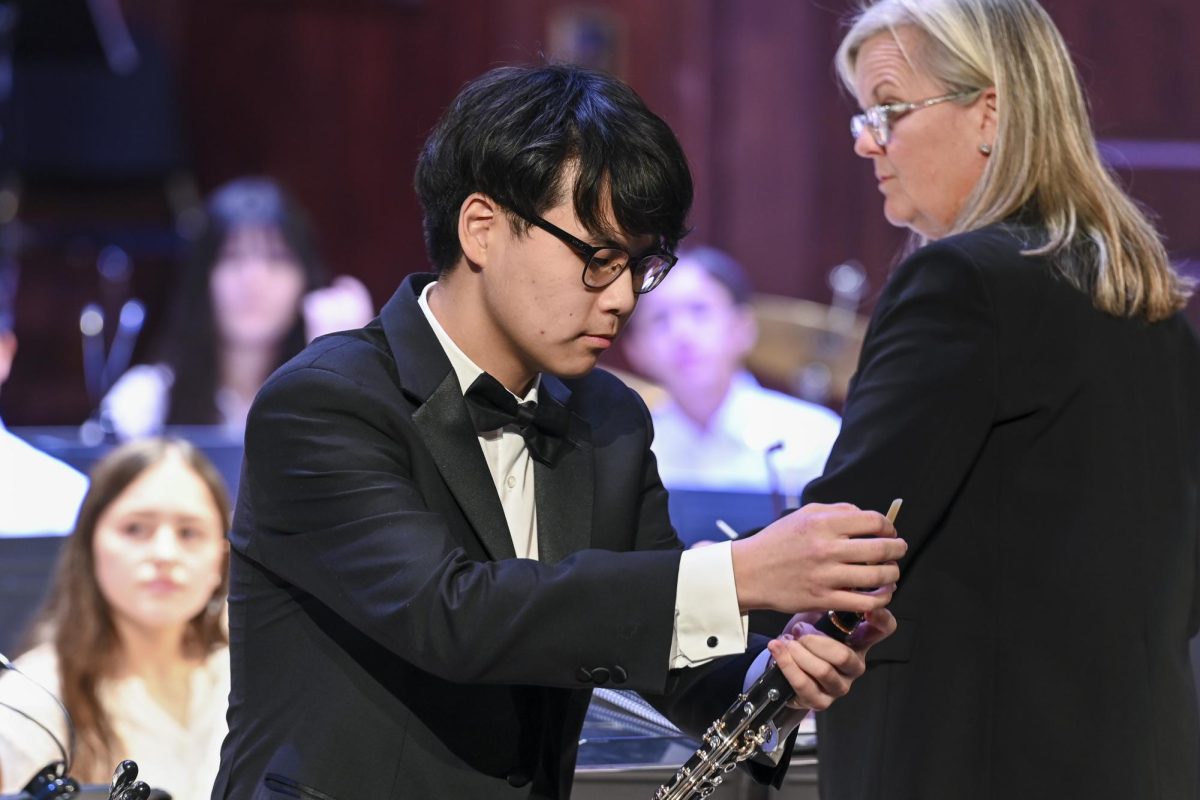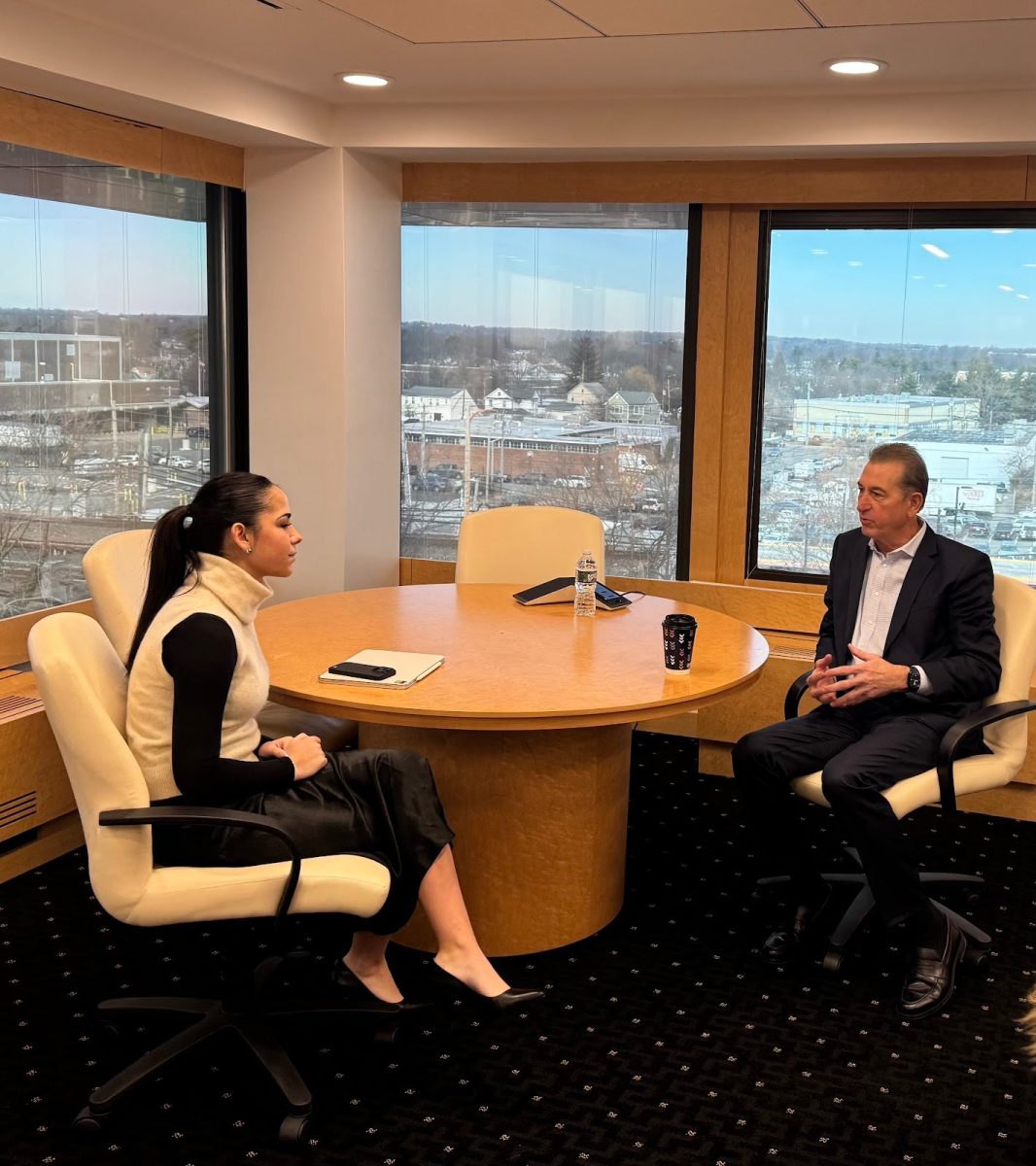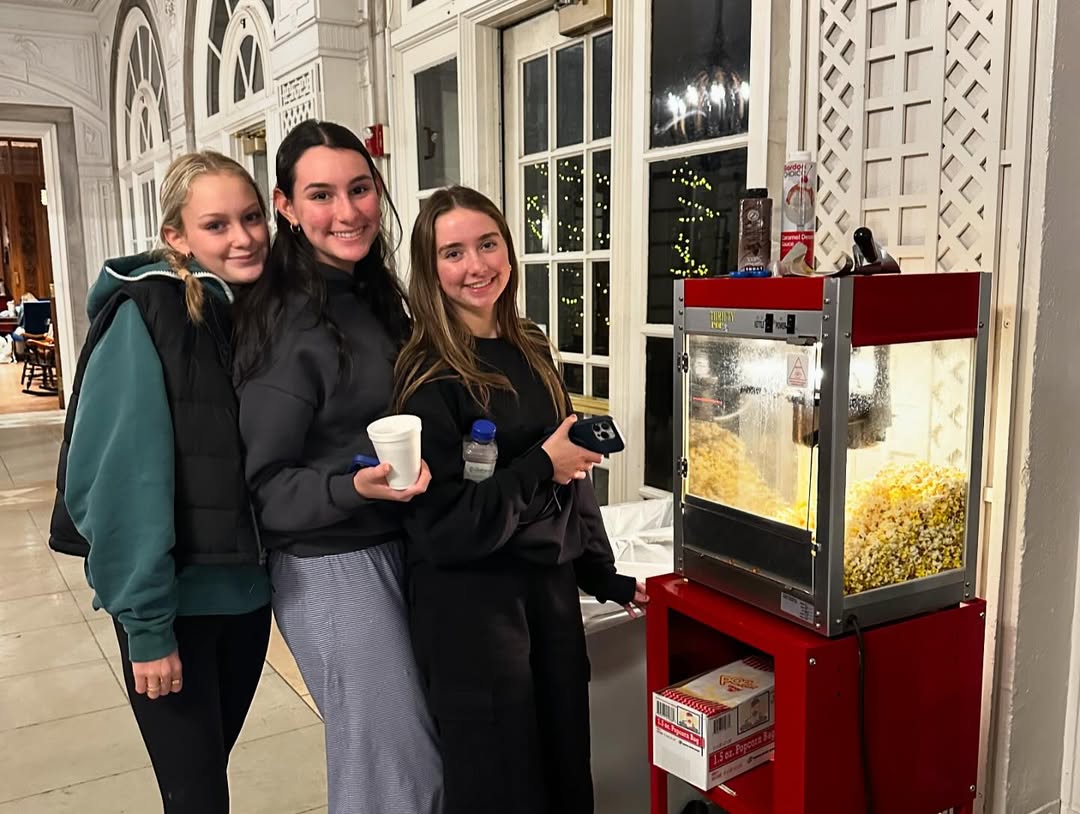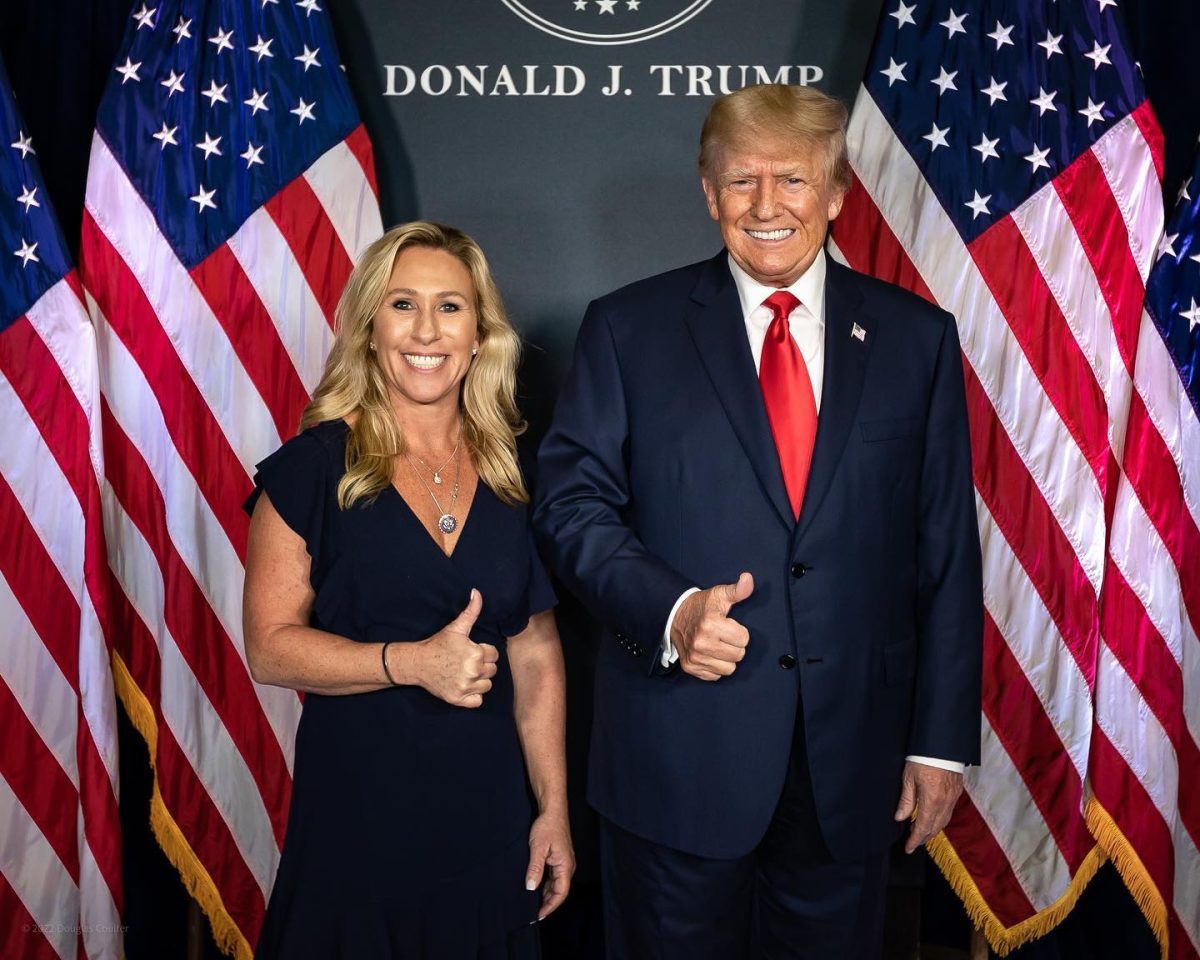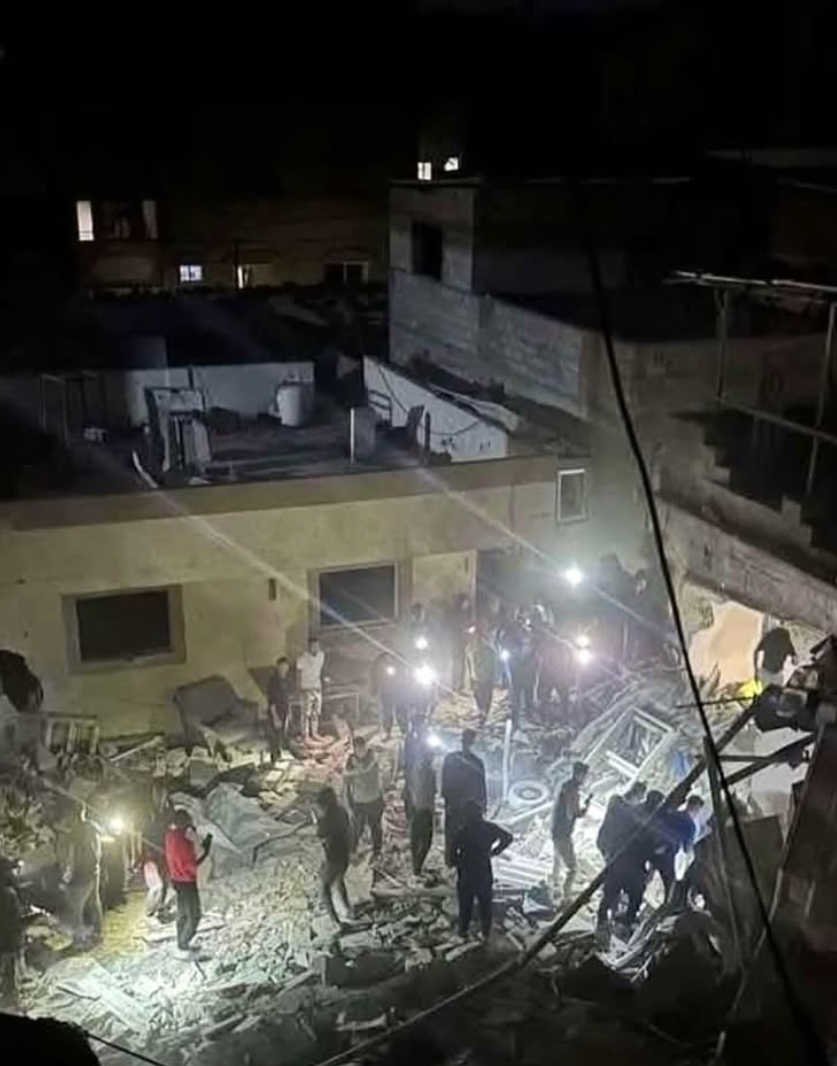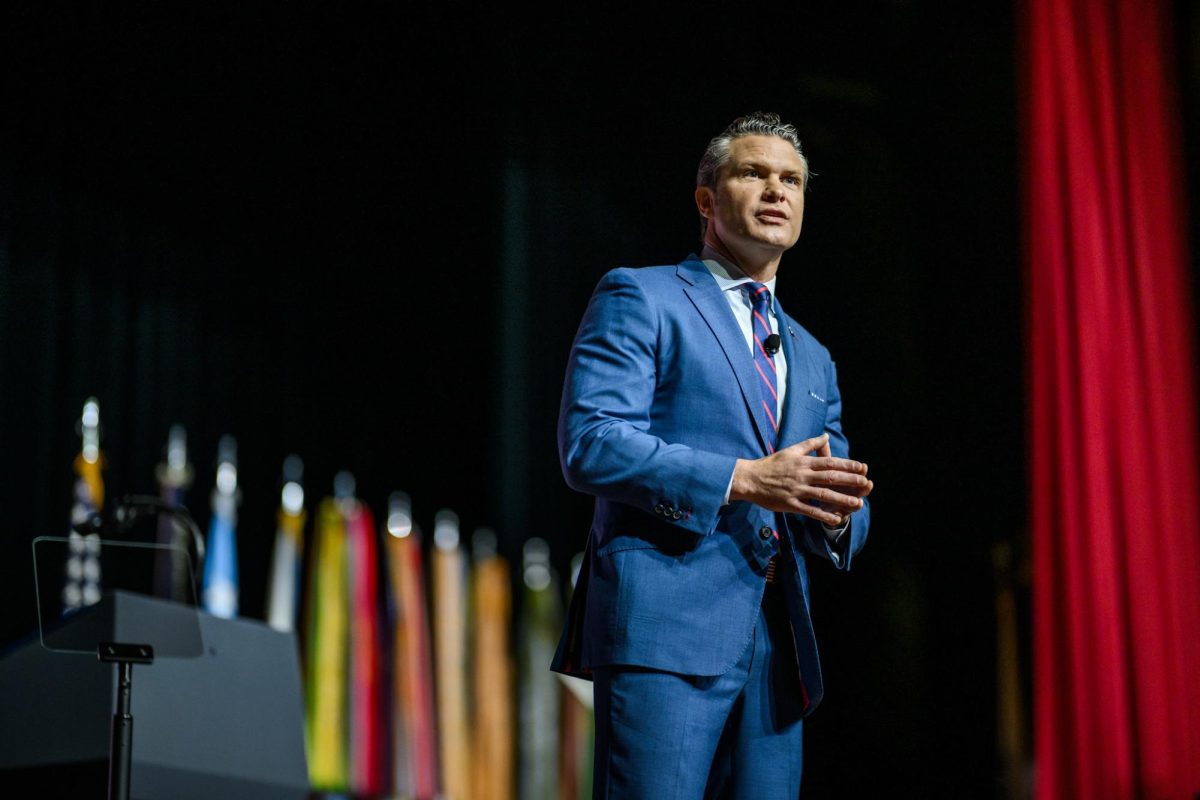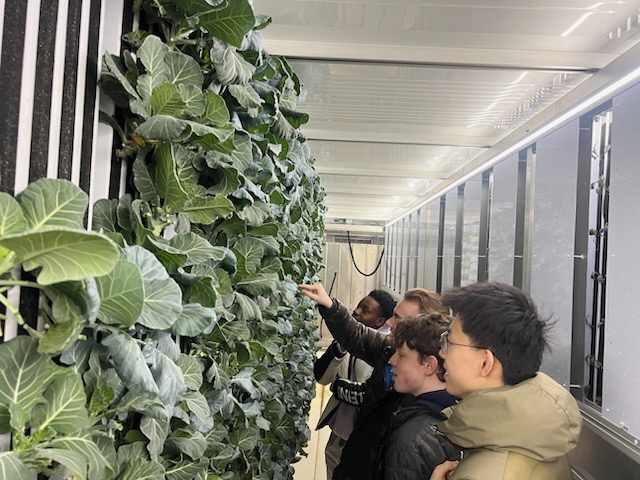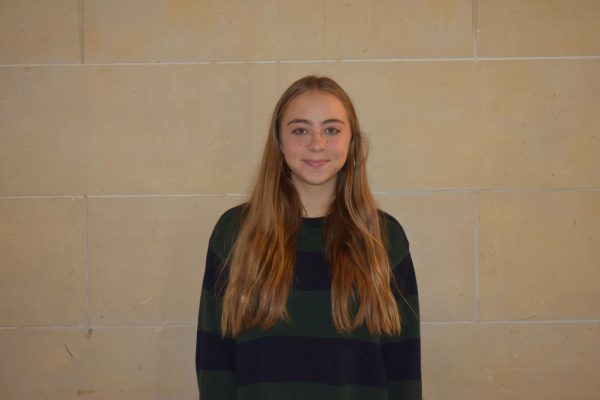In early March, the Global Department classes took a field trip to the south side of Chicago to visit a sustainable container farm in Altgeld Gardens, Illinois. One of the main focuses of the Global Department’s curriculum are the United Nations Sustainable Development Goals where the students research into each of the seventeen goals, looking at the specific issues and initiatives set to achieve those goals. An organization called Freight to Plate is the first container farm operator in Chicago and works closely with organizations to bring food solutions to communities in need through sustainable agriculture techniques. Specifically, Freight to Plate has worked closely with the non-profit organization, By The Hand Club for Kids, to implement the sustainable container farm at their location in Altgeld Gardens.
Food scarcity has been a historical challenge in Altgeld Gardens where the median income is less than $9,000. Additionally, public transportation offers no direct routes to the nearest grocery store, meaning access to fresh food can take up two hours for those who do not have a car.
Freight to Plate and By The Hand Club for Kids have partnered to find a solution to this food scarcity by opening up Bowen Harvest, a hydroponic farm inside a 500 square foot shipping container. With a full container, Bowen Harvest can produce approximately 4,000 heads of lettuce in one cycle, meaning that in a full year, the farm can produce roughly four acres of produce. It is estimated a total of one ton of fresh food will be produced annually.
The farm is managed by 13 students as part of the By The Hand Club for Kids where they learn skills in STEM, science, agricultural technology and business through hands-on experience. The students work to produce the food and then are able to take the fresh vegetables back to their families and hand out the rest to members of the Altgeld community. This gives the students a chance to build their resumes for future professional work and gain skills while serving to improve their community. This is an intersectional initiative, working towards multiple SDG goals: SDG Goal #2: Zero Hunger, SDG #4: Quality Education, SDG # 11: Sustainable Cities and Communities, SDG#12: Responsible Consumption and Production, SDG #13: Climate Action.
Director of Service Learning and Global Concentration Teacher at LFA Roxanne Kruger discovered Freight to Plate and their work in Altgeld Gardens through her uncle, Dr. Anton Salud, who got connected to the organization while writing his book exploring when and where healthcare should begin for a community. Kruger believed this would be a great field trip for Global Concentration and Capstone students as it links to the co-curricular trip the capstone students took to Costa Rica during spring break of 2024. The trip was focused on sustainable farming techniques and the impact on communities. Through this field trip, students were able to explore how sustainable farming can be incorporated into an urban setting and how these initiatives can tackle global issues like food insecurity on a more local level. Both Global Concentration and Capstone students read the book Dig Where You Are by Nan Alexander Doyal, which emphasizes how large global issues must be addressed on small, local levels in order for major change to happen – something this sustainable container farm embodies.
Freight to Plate’s work to bring sustainable farming to urban areas is a unique strategy to improving the future of our planet. Co-founder of Freight to Plate Jacqueline Scala emphasized, in an interview, that controlled-environment and vertical farming (both farming techniques incorporated in the container farm) are going to be the future of farming as the effects of climate change intensify. Through this type of farming, water and nutrients are recycled throughout the farm, limiting the amount of waste produced. Additionally, large volumes of crops are able to be produced locally without the use of pesticides and fertilizers, making the food nutrient-dense and leaving a minimal carbon footprint on our planet. Overall, this field trip was a meaningful experience for Global students as this type of farming may be the future of addressing many of our issues in the urban, Chicago-land area.


